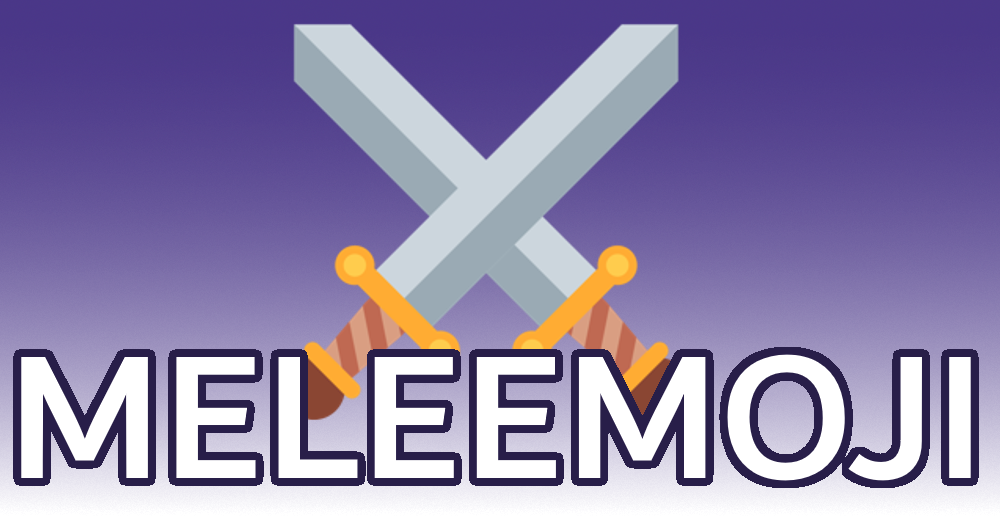Devlog 2: Postmortem
Successes
Our first success was delivering a game that, for the most part, fit the initial idea for what we were intending to make. Visually and mechanically, we ended up with something very close to what we described in our design documentation we wrote before the project.
Our second success was the software system drastically reducing the complexity and time of development. Every one of us reported having spent much less time on this project than on previous projects, and that things just worked once they were made, with very few hiccups or unexpected behaviors. We attribute this to the front-end/back-end design we went with, as having a clear separation of responsibilites allowed us to easily focus on a single aspect of development and write simple solutions to each task, and it gave us the ability to code in generally separate and non-conflicting areas simultaneously.
Challenges
However, implementing the system did require much more communication than previous projects, as each of us had to frequently interact with interfaces made by someone else. Sometimes the purpose of an interface was unclear, leading it to being misused or forgotten about. Other times the way the interface worked was simply miscommunicated or misunderstood, leading to cascading mixups on how whole systems of gameplay were meant to work. Working on things did involve some trial-and-error, and increased attention to communication effectiveness.
What we learned
We learned that defining clear boundaries on what each developer is to do, going down to a granular level, greatly increases clarity with respect to what each member needs to do, and speeds up development by making the separated systems much simpler. We used notion to track every single task that needed to get done for the project to be complete, and made sure to assign all of them to a member and distribute the work equally, ensuring that everything would get done. Since the system design meant that each task could be completed relatively independently from each other, this lead to higher productivity and autonomy during development.
Possible future revisions
First, adding in systems that were initially envisioned to be part of the game but had to be cut due to time constraints. Things like a status effect system, game map, level system, unit classes, deck specialization, etc. are all ideas we had but ended up scrapping because we already ended up having so much to do. We'd also like to add a much greater variety in cards: more unit types and more items that would each have their own effects would lead to more possible deck combinations, which allows the player more expressiveness in their playstyle. On that note, we'd like to add more mechanics that gave the player more choice regarding their deck, like a shop system where players can buy cards, or a mini-boss system where players can choose to risk losing their run by fighting a mini-boss, and winning extra card to choose from should they survive.
Get Meleemoji
Meleemoji
Play Meleemoji, the fast-paced card game with cute animal warriors and powerful emoji items!
| Status | Released |
| Authors | remivaughan, Shaur K, geg321 |
| Genre | Card Game |
| Tags | Cartoon, Cute, emoji, Turn-Based Combat |
More posts
- Devlog 1: Dev processMay 01, 2023

Leave a comment
Log in with itch.io to leave a comment.